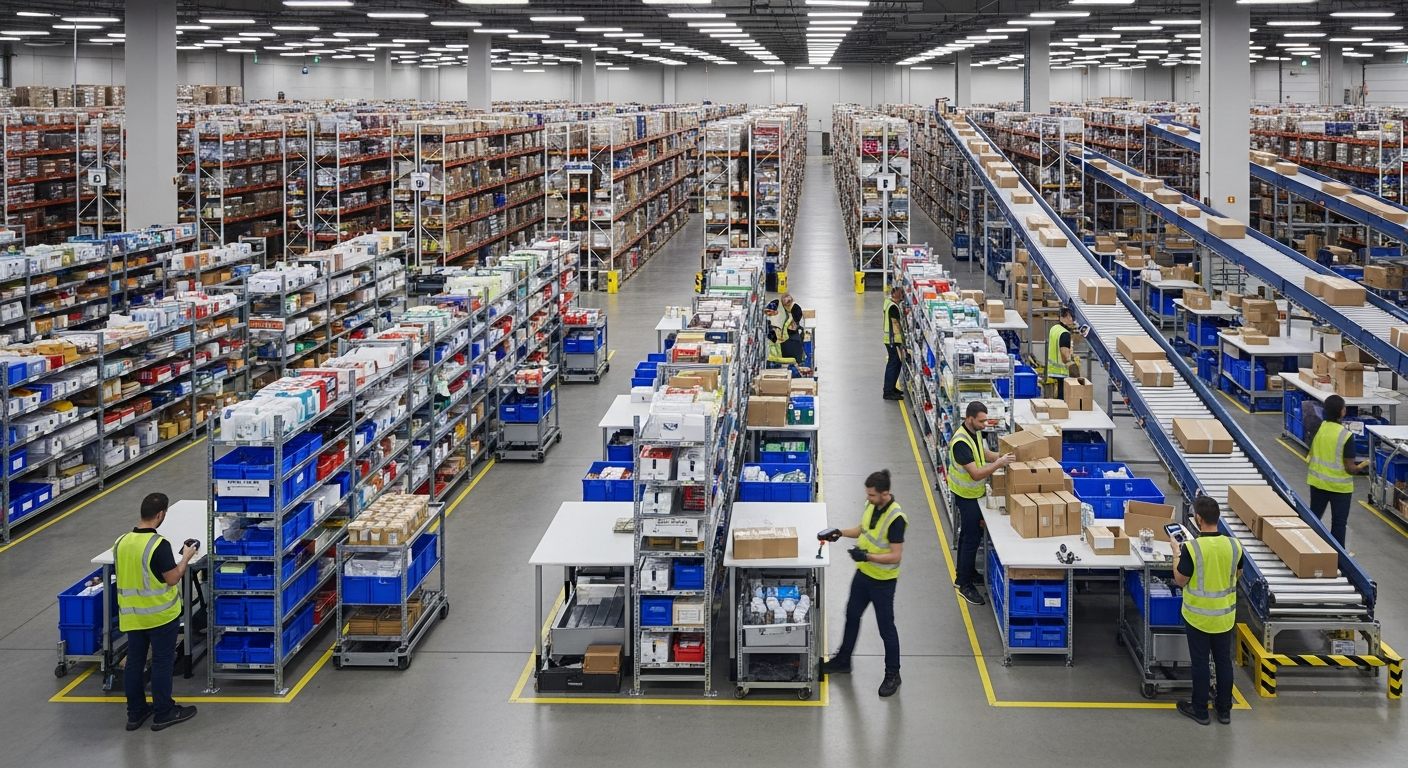Shaping the Future of Business: The Role of Industrial Biotechnology
Industrial biotechnology is a game-changer, offering a new frontier for businesses and industries. This article delves into the transformative power of industrial biotechnology, its impact on various sectors, and the challenges it presents. Industrial biotechnology, also known as white biotechnology, is not a new concept. It has its roots in the early 20th century when scientists began harnessing the power of microorganisms for industrial processes. However, it was not until the late 20th century that the field truly began to flourish, thanks to advancements in genetic engineering and fermentation technology. Today, industrial biotechnology is a multi-billion dollar industry, playing a crucial role in sectors ranging from pharmaceuticals and agriculture to energy and chemicals.

Current Trends and Insights
The use of industrial biotechnology is on the rise, driven by the need for sustainable and efficient production methods. Businesses are increasingly turning to biotechnology to reduce their environmental footprint, improve product quality, and cut costs. For instance, bio-based chemicals, produced using microorganisms, are gaining popularity as a greener alternative to petroleum-based chemicals. Similarly, biofuels, made from renewable resources like plant biomass, are being touted as a solution to our energy woes.
Impact, Benefits, and Challenges
Industrial biotechnology offers numerous benefits, including reduced energy consumption, lower greenhouse gas emissions, and the potential for new product development. However, it also presents challenges. The high cost of biotech processes, regulatory hurdles, and public perception issues are some of the obstacles that businesses need to overcome.
Practical Applications and Future Prospects
Despite these challenges, the future of industrial biotechnology looks promising. Companies like Novozymes and Genencor are leading the way, developing innovative biotech solutions for a range of industries. From bio-based plastics to enzyme-enhanced detergents, the applications of industrial biotechnology are vast and varied.
Practical Insights for Businesses
-
Embrace industrial biotechnology as a strategic priority, not just a sustainability initiative.
-
Invest in research and development to stay ahead of the curve.
-
Collaborate with biotech firms and research institutions to tap into their expertise.
-
Engage with regulators and the public to address concerns and build trust.
Conclusion
Industrial biotechnology is reshaping the business landscape, offering a path to sustainability and innovation. While challenges exist, the potential rewards are immense. By embracing biotechnology, businesses can not only enhance their operational efficiency but also drive growth and create a positive impact on society.






